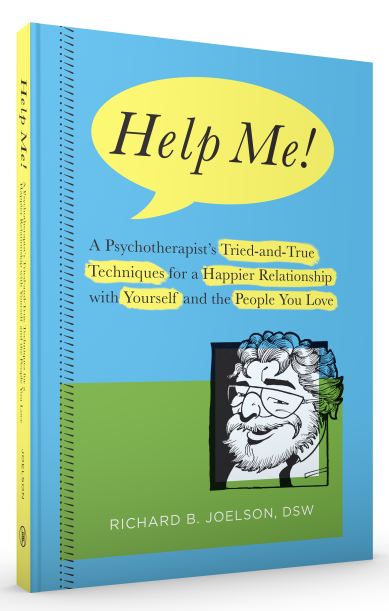There appears to be widespread confusion between what constitutes healthy pride, something one ought to be able to freely express—when appropriate—and boastfulness or bragging, something most people find objectionable in themselves and others. Boasting is commonly defined as talking in a self-admiring way or glorifying oneself. It is often thought of as excessive pride. We tend to think of people who boast as arrogant, self-preoccupied, or, perhaps, insecure, which may be why they need to boast in the first place.

Moose Photos/Pexels
Pride, on the other hand, is generally defined as a feeling of self-respect and personal worth or a feeling of satisfaction with one’s own (or another’s) achievements. Most would agree that pride is a vital part of an individual’s sense of self and an important component of healthy, positive self-esteem.
In my work as a psychotherapist, I often find myself helping patients make the distinctions discussed above. Many of us were taught as children, for better or worse, not to boast or brag, since this is regarded as unattractive or off-putting behavior. “Don’t be too big for your britches,” or “Keep that up and you’ll get a swelled head,” are among the admonitions many of us remember from the past.
The problem is that our parents may not have understood the difference between boastfulness and expressions of healthy pride. This may explain why I so often hear qualifiers or apologetic preambles like: “I’m really doing very well at my new job! I don’t want you to think I’m bragging, or anything.” Or, “Please don’t hear this the wrong way, but I’m really proud of my raise and promotion.” Another patient recently told me that she won a prestigious award in her industry, but had not shared the news with anyone but me because, as she put it, “I don’t want anyone to think that I’m one of those braggarts with a head too big for my hat!”
It sometimes appears that the long-standing and well-cultivated internal restrictions against healthy, normal pride need to be dismantled and replaced. Everyone should be able to express pleasure in their personal or professional achievements without having to worry about being perceived as a show-off or braggart or being told to stop “crowing like a rooster and strutting around the farm!” “I’m really pleased with my promotion and raise and I wanted to share it with you,” seems a reasonable way to convey satisfaction and pride. It is not boastful, since it is not designed to claim the high ground or superiority to another. It is simply an expression of good feelings about one’s accomplishment.
We should all have a way to voice our healthy satisfaction in our own accomplishments. Healthy pride can certainly be distinguished from boastfulness or bragging. We should never deny ourselves the right to “toot our own horn” when, in fact, that is exactly what we are entitled to do.
